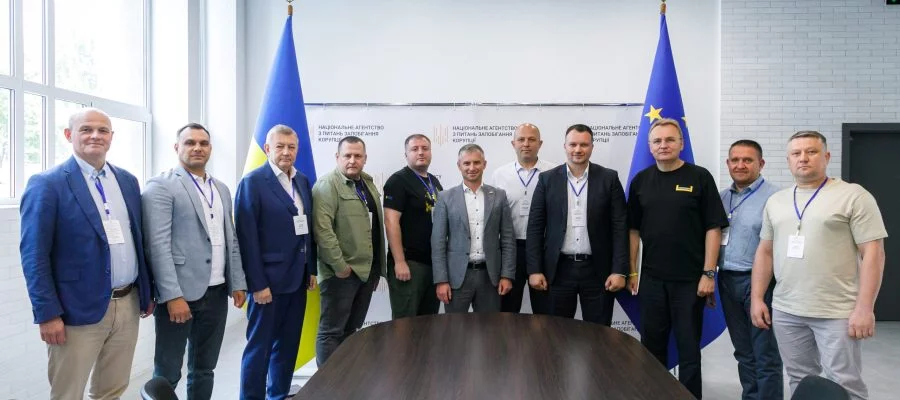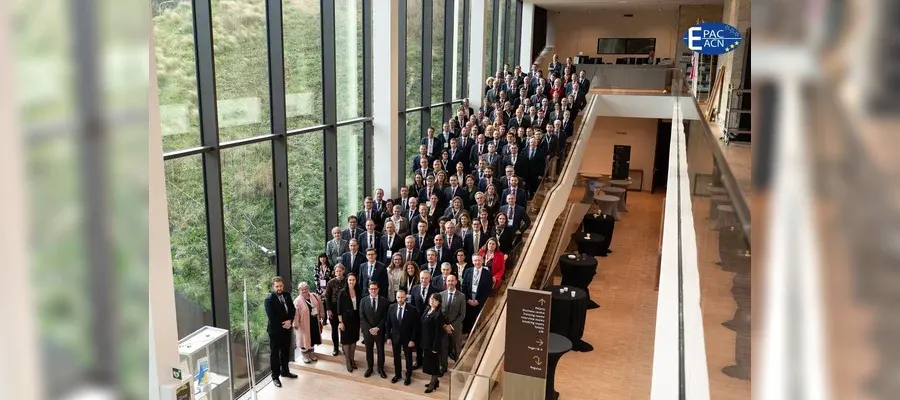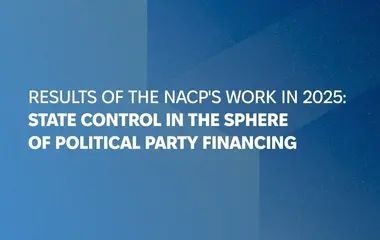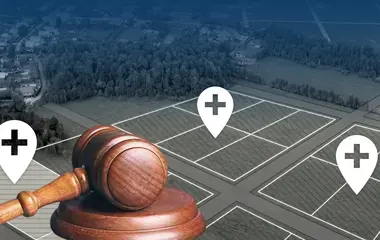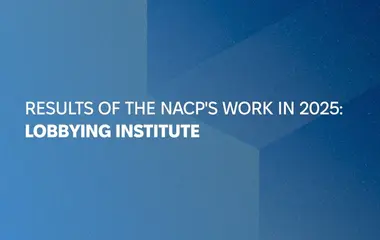Building integrity as a norm for local governments, engaging communities to ensure transparent recovery processes, establishing cooperation with business, and restoring public trust - these and other important topics were discussed during the Forum of Integrity Communities held on July 20 at the initiative of the National Agency on Corruption Prevention (NACP) and the U-LEAD with Europe Program.
Iaroslav Liubchenko, Deputy Head of the NACP, noted that cooperation with local governments is a priority for the NACP.
"The NACP is a service body, so we are open to working together with communities and international partners to ensure the development and transparent reconstruction of the regions. Decentralization is an important area for the Organization for Economic Development and Cooperation (OECD), of which Ukraine and the EU want to be members. We have started working with the regions to identify corruption risks and conduct anti-corruption training. The Forum and the signing of the declaration will be an impetus for intensifying our cooperation with communities," said Iaroslav Liubchenko.
According to a survey of the population and business conducted by Info Sapiens research agency on behalf of Transparency International Ukraine, corruption remains one of the three biggest problems in the country. 45% of citizens believe that local authorities should ensure effective reconstruction, but the level of trust in them is only 13%, said Anastasiya Mazurok, Deputy Executive Director of Transparency International Ukraine. According to Ms. Mazurok, this is a huge gap with the level of public expectations. Therefore, it is necessary to build a culture of integrity through transparency and restoration of trust.
This point was supported by Lesia Ohryzko, Head of International Affairs at RISE Ukraine. In her opinion, the war has become a window of opportunity to strengthen trust between citizens and the government. But, according to sociology, this window of opportunity is rapidly narrowing: last year, more than 80% of Ukrainians trusted and approved of the activities of local authorities, and this year, this figure is rapidly falling.
Allan Pagh Kristensen, Head of the European Union Anti-Corruption Initiative in Ukraine (EUACI), spoke about EUACI's partnership with Ukrainian cities to promote accountability, transparency, and integrity, in particular with Mykolaiv, Chernivtsi, Zhytomyr, Nikopol, and Chervonohrad. "The EUACI actively cooperates with cities, the so-called Integrity Cities, and assists them in building integrity practices. Even in these difficult times, the cities continue to pursue our joint integrity agenda. In particular, we cooperate with Mykolaiv in the field of integrity in reconstruction. We assist in areas such as systems for accounting for the damages caused by the war, monitoring international assistance, developing IT products, conducting internal audits, and improving procurement processes. We also support the inclusiveness of the recovery process, including by facilitating the interaction between the authorities and representatives of civil society and businesses," said Allan Pagh Kristensen.
Discussing the issue of transparency in reconstruction, Deputy Minister of Community Development, Territories, and Infrastructure of Ukraine Serhiy Derkach noted that the Ministry is launching pilot projects in three cities to assess corruption risks and implement international compliance standards. "There are more than 400 cities in Ukraine, and each of them should have an authorized person for corruption prevention. We conducted a survey in 170 cities, and only 30% of them have anti-corruption commissioners with appropriate professional training. That is why it is important to form such a professional network," said Serhiy Derkach.
Liliia Pashynna, Head of the Ukrainian delegation to the Council of Europe's Congress of Local and Regional Authorities, emphasized that the work of local authorities should be based on identifying the needs of residents and be aimed at community development. Ms. Pashynna drew attention to the widespread publicity surrounding the misuse of local funds in the regions.
Experts and representatives of the regions shared their experience in engaging communities for recovery and development and cooperation between the authorities, businesses, and residents during the second panel, "Successful Integrity Practices in Communities." In particular, representatives of Dnipropetrovsk, Kirovohrad, Kyiv, Luhansk, Ternopil regions and the city of Lviv spoke about their best practices.
Oleksandr Solontai, head of the NGO "Agency for Recovery and Development," emphasized the importance of returning to the publication of information on the official websites of local authorities, including the publication of draft decisions of local councils and the resumption of dialogue with residents about the real situation in the regions.
It is worth recalling that the Forum of Integrity Communities was organized by the NACP with the support of the U-LEAD with Europe Program. During the event, mayors, representatives of cities, the Ukrainian Association of Oblast and District Councils, and the All-Ukrainian Association of Amalgamated Territorial Communities signed the Declaration on Building Integrity of Local Self-Government Bodies, which can be joined by all regions.
Read more about the first part of the Forum
Video
Organized by the NACP with the support of the U-LEAD with Europe Program.
The U-LEAD with Europe: Ukraine - Local Empowerment, Accountability and Development Program is a multi-donor action of the European Union and its member states Germany, Poland, Sweden, Denmark, Estonia and Slovenia to support Ukraine on its path to strengthening local self-government. U-LEAD with Europe promotes transparent, sustainable and accountable multi-level governance in Ukraine that is responsive to the needs of citizens and empowers communities.
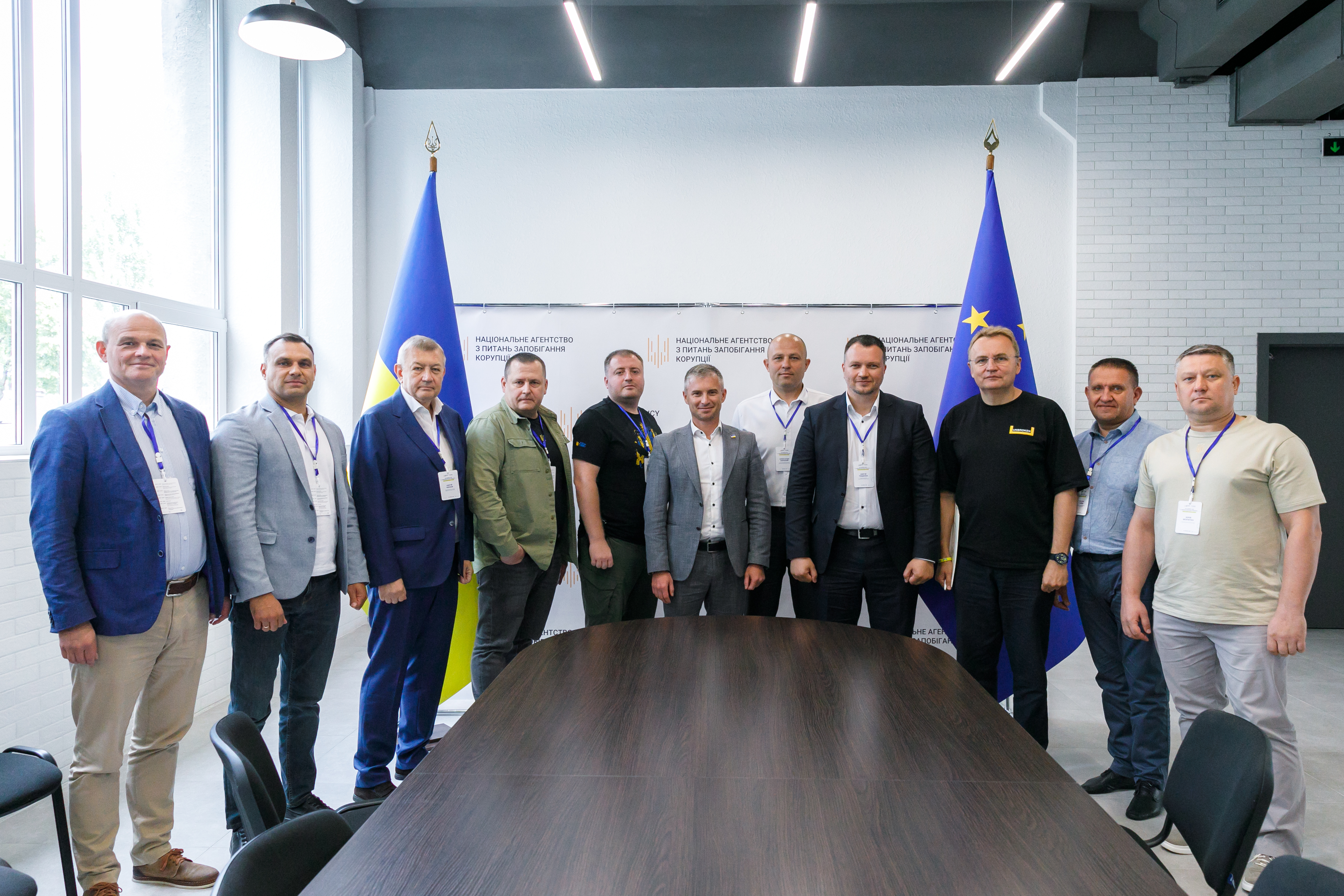 Integrity should become the norm for local self-government bodies - Forum of Integrity Communities
Integrity should become the norm for local self-government bodies - Forum of Integrity Communities
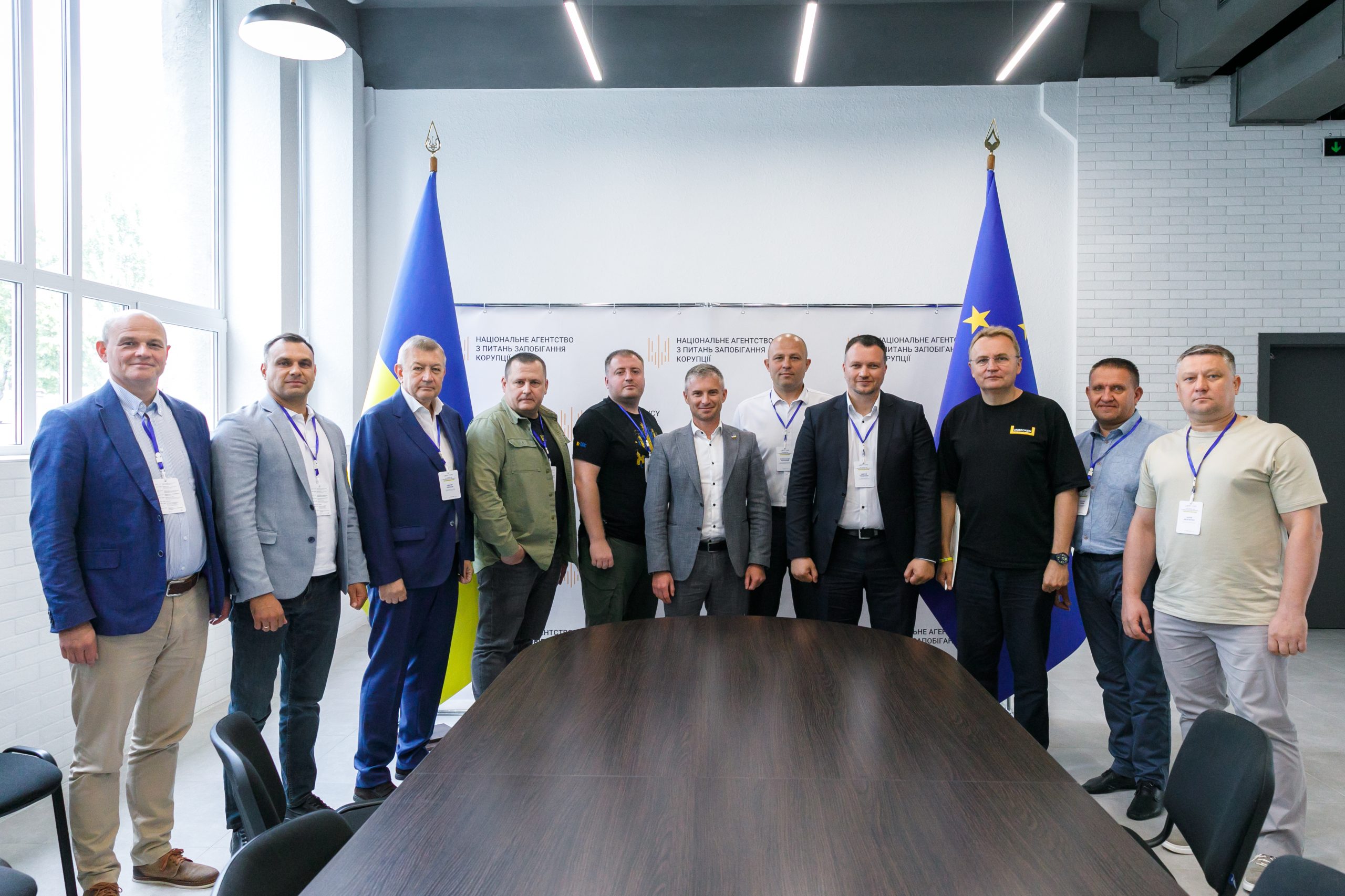 Integrity should become the norm for local self-government bodies - Forum of Integrity Communities
Integrity should become the norm for local self-government bodies - Forum of Integrity Communities
 Integrity should become the norm for local self-government bodies - Forum of Integrity Communities
Integrity should become the norm for local self-government bodies - Forum of Integrity Communities
 Integrity should become the norm for local self-government bodies - Forum of Integrity Communities
Integrity should become the norm for local self-government bodies - Forum of Integrity Communities



